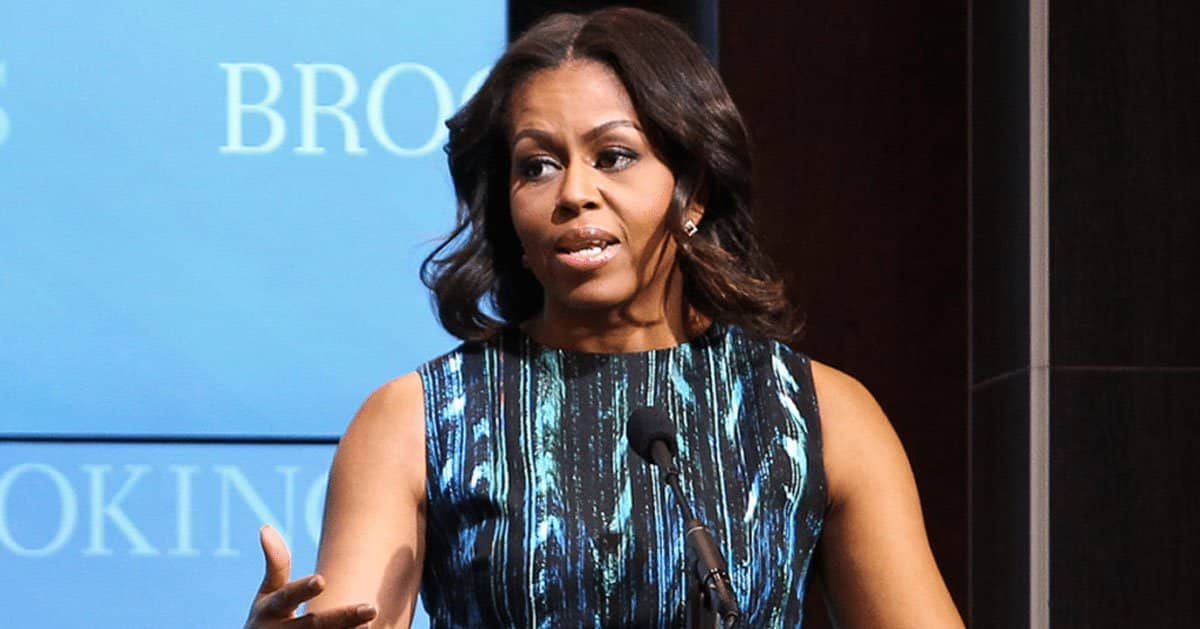







CBS News faces accusations of foul play from Homeland Security Secretary Kristi Noem. She claims the network deliberately skewed her "Face the Nation" interview by cutting crucial remarks. The charge ignites a firestorm over media integrity.
Just The News reported that Noem claimed CBS News selectively edited her Sunday appearance, slashing about four minutes from the 17-minute interview. The Department of Homeland Security (DHS) called the cuts deceptive, targeting comments about a dangerous MS-13 gang member and major arrests in Los Angeles.
The dispute centers on a 25-second segment about Kilmar Abrego Garcia, a Salvadoran national and MS-13 affiliate, which DHS says was axed from the broadcast.
Noem described Garcia as a human smuggler, domestic abuser, and predator who solicited explicit images from minors. CBS’s decision to snip this paints a curious picture of their priorities.
Noem’s remarks about Garcia weren’t subtle, and for good reason. “This individual was a known human smuggler, MS-13 gang member, and an individual who was a wife beater,” she said, per DHS. Yet, CBS chose to mute this vivid portrait of a man DHS deems a threat.
She went further, noting Garcia’s actions were so vile that even fellow traffickers recoiled. “He was so sick in what he was doing and how he was treating small children,” Noem stated. CBS’s edit here raises eyebrows—why hide the public from such stark realities?
Garcia’s legal team recently pushed back, asking a federal judge for a gag order against Noem and Attorney General Pam Bondi. They claim the officials’ public statements are baseless attacks. One wonders if CBS’s cuts conveniently align with this legal maneuver.
Another chunk of Noem’s interview vanished: comments on DHS’s arrest of roughly 5,000 unauthorized migrants in Los Angeles earlier this year.
She highlighted the operation’s success in removing dangerous individuals, including those tied to child trafficking and pedophilia. CBS’s scissors left this off the air, muting a major DHS achievement.
“Many of these individuals were people who have conducted horrific activities against American citizens,” Noem said, praising the operation. CBS’s choice to exclude this suggests a narrative more concerned with polish than public safety. The network’s claim of “timing issues” feels flimsier by the minute.
Interestingly, CBS posted the full interview and transcript online the same morning the edited version aired, according to The Hill.
This move might seem transparent, but it doesn’t erase the fact that millions saw the trimmed broadcast first. Accessibility after the fact is a weak defense for selective storytelling.
This isn’t CBS’s first brush with editing scandals. Paramount Global, CBS News’s parent company, settled a $16 million lawsuit with President Donald Trump in July over a selectively edited “60 Minutes” interview with Kamala Harris. The settlement left veteran CBS reporters fuming, and Noem’s case only adds fuel to the fire.
The Paramount settlement highlighted a troubling trend of media outlets shaping narratives through careful cuts.
Noem’s accusations suggest CBS hasn’t learned its lesson. Trust in media, already fragile, takes another hit when networks play fast and loose with the truth.
CBS’s defense—that edits were for timing—rings hollow when the omitted content is so substantial. Cutting remarks about a dangerous criminal and a major DHS operation isn’t just trimming fat; it’s rewriting the story. The public deserves the unfiltered facts, not a curated version.
Noem’s clash with CBS underscores a broader issue: media outlets hold immense power to shape public perception. When they choose what to amplify or bury, they risk eroding trust in an already skeptical audience. CBS’s actions here don’t exactly scream “fair and balanced.”
The decision to post the full interview online might mitigate some damage, but it doesn’t undo the broadcast’s impact. Most viewers don’t dig through transcripts after watching a segment. CBS knows this, and its editing choices reflect a troubling confidence in that reality.



